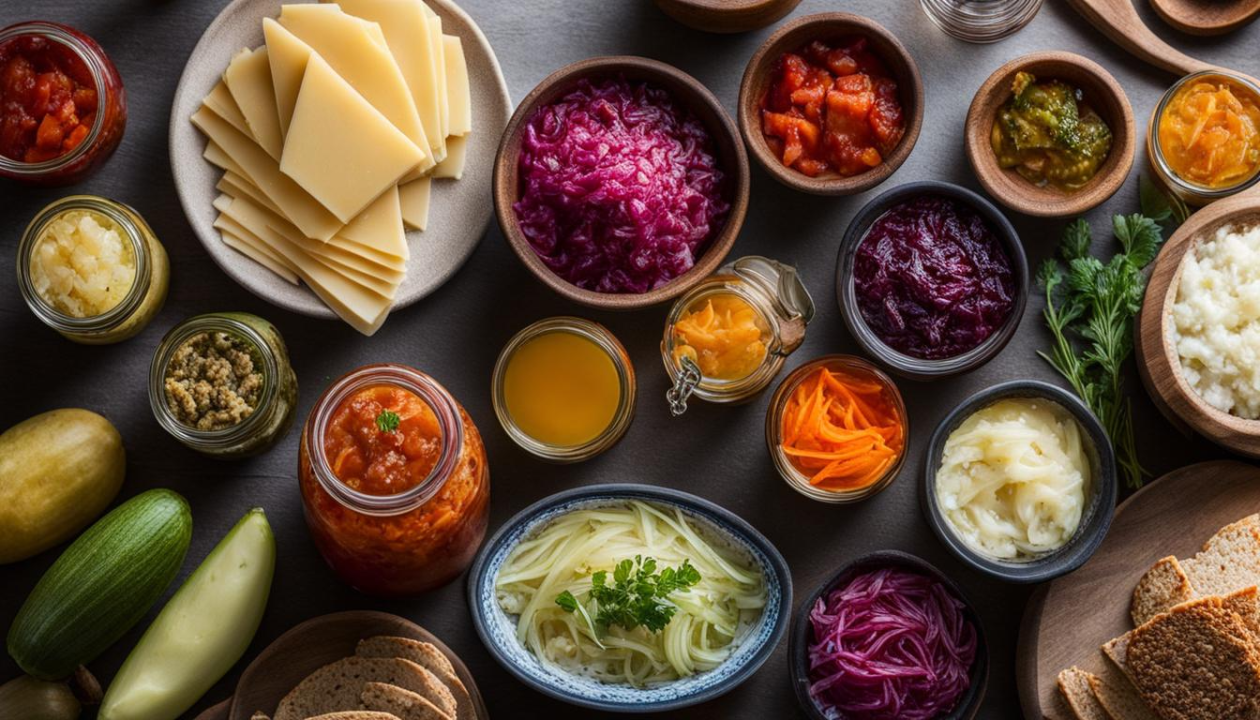The precision fermentation ingredients market size is estimated to be valued at USD 2.8 billion in 2023 and is projected to reach USD 36.3 billion by 2030, recording a CAGR of 44.0% by value. The global food industry is undergoing a revolutionary shift, driven by technological advancements in food science and sustainability. One of the most promising innovations in this space is precision fermentation. This technology enables the production of high-value ingredients using microbial fermentation, offering a sustainable and efficient alternative to traditional agriculture-based methods. As demand for alternative proteins, sustainable food solutions, and bio-based ingredients surges, the precision fermentation ingredients market is set for exponential growth.
What is Precision Fermentation?
Precision fermentation leverages microorganisms such as bacteria, yeast, and fungi to produce specific proteins, enzymes, fats, and other bioactive compounds. Through genetic programming, these microorganisms can be engineered to produce food ingredients that are functionally identical to those derived from animals or plants but without the environmental and ethical concerns. This technology plays a crucial role in food, pharmaceuticals, cosmetics, and other industries that require high-purity bio-based ingredients.
Precision Fermentation Market Trends and Growth Drivers
- Rising Demand for Alternative Proteins: Consumers are increasingly shifting towards plant-based and cultured food products due to health, environmental, and ethical reasons. Precision fermentation allows companies to produce dairy proteins, egg whites, and even meat-like flavors without relying on livestock, contributing to the growth of the alternative protein industry.
- Sustainability and Environmental Benefits: Compared to traditional agricultural practices, precision fermentation requires significantly less land, water, and energy while reducing greenhouse gas emissions. As sustainability becomes a key focus for both consumers and regulatory bodies, precision fermentation is emerging as a crucial solution to address climate change concerns in food production.
- Technological Advancements in Synthetic Biology: Advancements in synthetic biology, bioengineering, and AI-driven optimization are making precision fermentation more efficient and cost-effective. These technological improvements are enabling companies to scale up production, reduce costs, and enhance the nutritional and functional properties of their ingredients.
- Growing Investment and Strategic Partnerships: Investment in precision fermentation startups has surged over the past few years, with key players attracting funding from venture capital firms, governments, and established food corporations. Collaborations between biotechnology firms and food manufacturers are accelerating innovation and commercialization in the space.
Download PDF Brochure: https://www.marketsandmarkets.com/pdfdownloadNew.asp?id=30824914
Whey & Casein Protein: A Key Segment
The whey and casein protein segment holds the second-largest share in the precision fermentation ingredients market. Growing awareness of animal-free alternatives, veganism, and plant-based lifestyles has spurred manufacturers to develop dairy-free ingredients. These proteins play a crucial role in various industries due to their versatility.
Companies like Modern Kitchen (USA) leverage precision fermentation-based whey protein from Perfect Day to create animal-free cream cheese. Meanwhile, Brazil’s Up Dairy focuses on producing whey protein and casein through advanced technologies such as Cell Line Development, Host Strain Development, Target Molecule Selection, Bioprocess Design, and Ingredient Optimization. Similarly, Formo Bio blends traditional cheesemaking with innovative technology by sourcing whey and casein from microorganisms inspired by cow DNA, offering a sustainable alternative to conventional dairy products.
Microbial Innovation: The Role of Fungi
Fungi account for approximately one-fourth of global demand in the precision fermentation ingredients market. Ongoing research and development have accelerated the evolution of animal-free protein alternatives, utilizing microbes such as bacteria, yeast, and fungi.
Fungi’s eukaryotic nature provides a distinct advantage, enabling them to tolerate and express heterologous eukaryotic proteins with proper folding and post-translational modifications. Companies like Better Meat Co. (USA) have developed biomass protein from the filamentous fungi Neurospora crassa. Additionally, in February 2022, VTT Technical Research Centre of Finland successfully produced egg white protein (ovalbumin) from fungi using precision fermentation.
Request Sample Pages: https://www.marketsandmarkets.com/requestsampleNew.asp?id=30824914
Asia Pacific: A High-Growth Region
The Asia Pacific region is expected to witness the highest CAGR in the precision fermentation ingredients market during the forecast period. Several factors contribute to this growth:
- Rapid Urbanization & Changing Lifestyles: Increased demand for alternative proteins and sustainable ingredients.
- Technological Advancements: Precision fermentation aligns with the region’s focus on innovation, fostering a robust research and development ecosystem.
- Consumer Adoption: A growing willingness to embrace innovative products, transitioning from curiosity to active purchasing.
- Investment & Expansion: Increased capital influx and business expansions fuel market growth in the region.
With these factors in play, the precision fermentation ingredients market is set to experience dynamic growth, offering sustainable and innovative solutions across industries.
Top 10 Companies in the Precision Fermentation Ingredients Market
- Geltor (US)
- Perfect Day, Inc. (US)
- The Every Co. (US)
- Impossible Foods Inc. (US)
- Motif FoodWorks, Inc. (US)
- Imagindairy Ltd. (Israel)
- Shiru, Inc. (US)
- Formo (Germany)
- Eden Brew (Australia)
- Change Foods (US)

